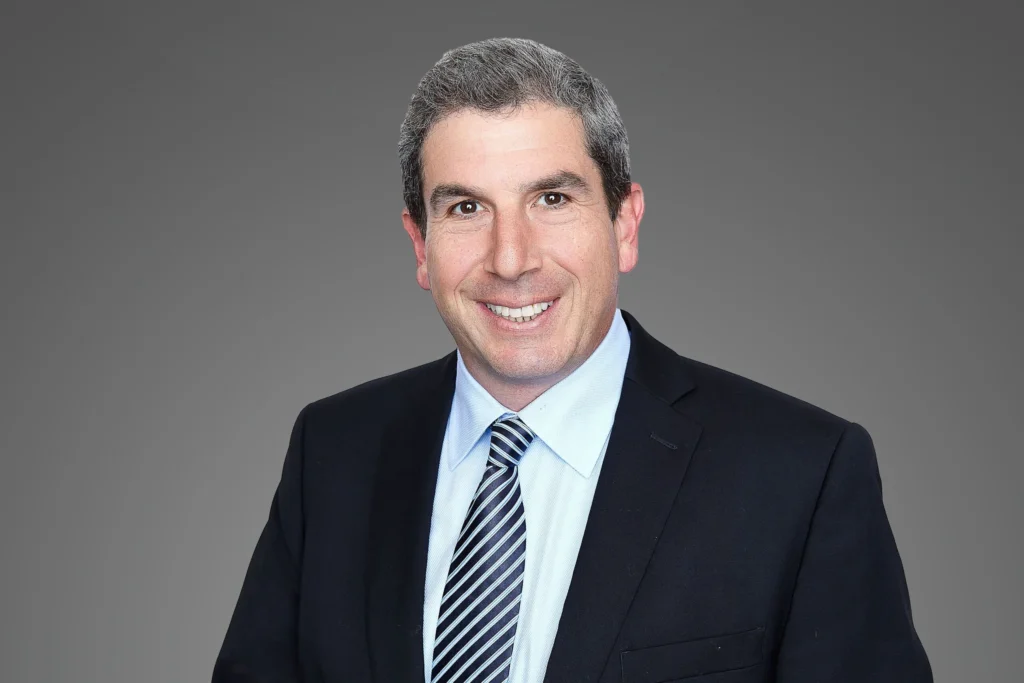California law requires employers to provide a meal break for every five hours worked. If the employer does not provide these breaks, employees are entitled to California meal and rest break premiums.
On the other hand, the law does not require the employer to provide any additional breaks, such as rest or other breaks. If the employer offers additional breaks, the law requires that they be taken at specific times and for a specific duration.
What are Rest and Meal Period Laws?
Rest and meal period laws require employers in California to provide a certain amount of break time to employees who must be relieved of all work duties. Employers must also provide employees with a meal break of at least 30 minutes if the employee works more than five hours a day.
The break time and meal break requirements ensure that workers have the opportunity to take a rest or eat a meal during their shift. While both types of breaks are essential, meal breaks are especially crucial, as they allow employees to step away from their workstations and refuel.
But there are many myths surrounding California’s meal and rest break laws. Let’s take a look at some of the most common ones.
Myth: Employers can provide meal periods at any point in the shift
Fact: Employers must provide a first meal period after the fifth hour of work and a second meal period at the end of an employee’s tenth hour of work.
Employees are only allowed to take their break after the fifth hour of work. This is stated in the California Labor Code section 512. If employers provide meal periods at any other point, they are not compliant with the law.
Myth: Employers can “round up” break times
Fact: Meal breaks and rest periods are now more strictly regulated, which disallows rounding time for meal breaks. The court ruled that workers should receive a 30-minute meal break minimum, which means a 28-minute or 29-minute break is not allowed anymore.
Employers in California are no longer allowed to round time for meal breaks. A recent court ruling determined that workers require a 30-minute meal break minimum. If you are an employer in California, you need to be aware of this new ruling and make sure that you are not rounding time for meal breaks. Doing so could result in penalties and fines.
Myth: Informing employees of their break times is enough to show compliance; if they end up working anyway, we’re not liable
Fact: Some employers provide employees with a break but may still require that they stay on call in an emergency. In this case, the employee is still considered on their break and should not be required to work. If the employee is asked to work during their break, they are entitled to California meal and rest break premiums that they worked.
The same is true if an employee is given a break but is not relieved of their duties. For example, if an employee is allowed to take a 10-minute smoke break but is still required to answer the phone or help customers, they may be entitled to compensation for that time.
Myth: The law doesn’t cover temps and independent contractors
Fact: Temp workers in California are entitled to the same meal and rest breaks as regular employees. If your employer is not providing you with the required break, you may be able to file a compensation claim.
Temp workers in California are entitled to the same meal and rest breaks as regular employees. If your employer is not providing you with the required break, you may be entitled to California meal and rest break premiums.
It is important to know your rights as an employee and to not be afraid to speak up if you feel like they are being violated. If you suspect that your employer is not complying with California meal and rest break laws, you should consult the attorneys at Haffner Law to discuss your options.








